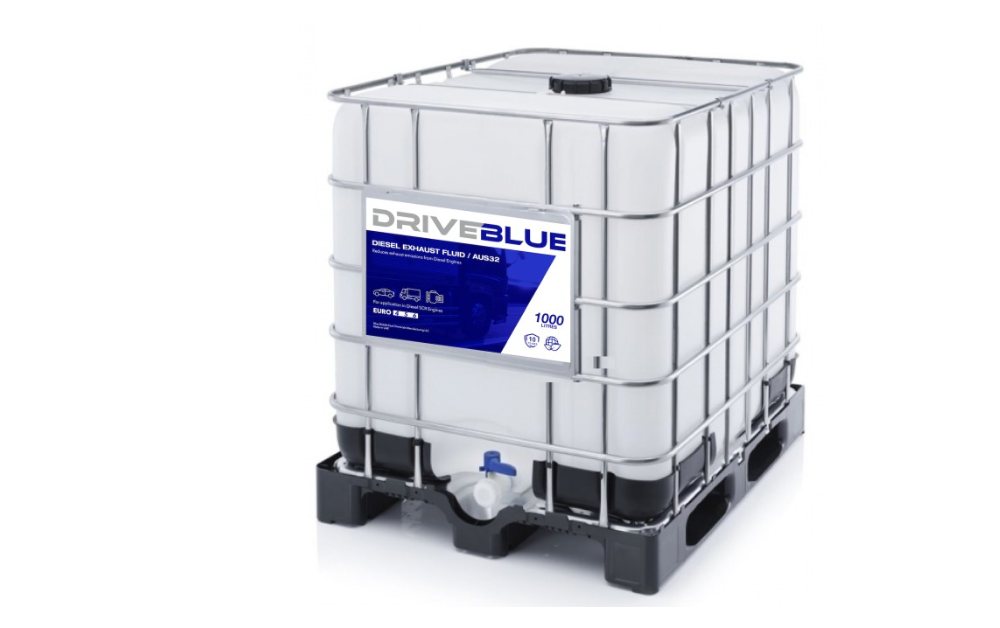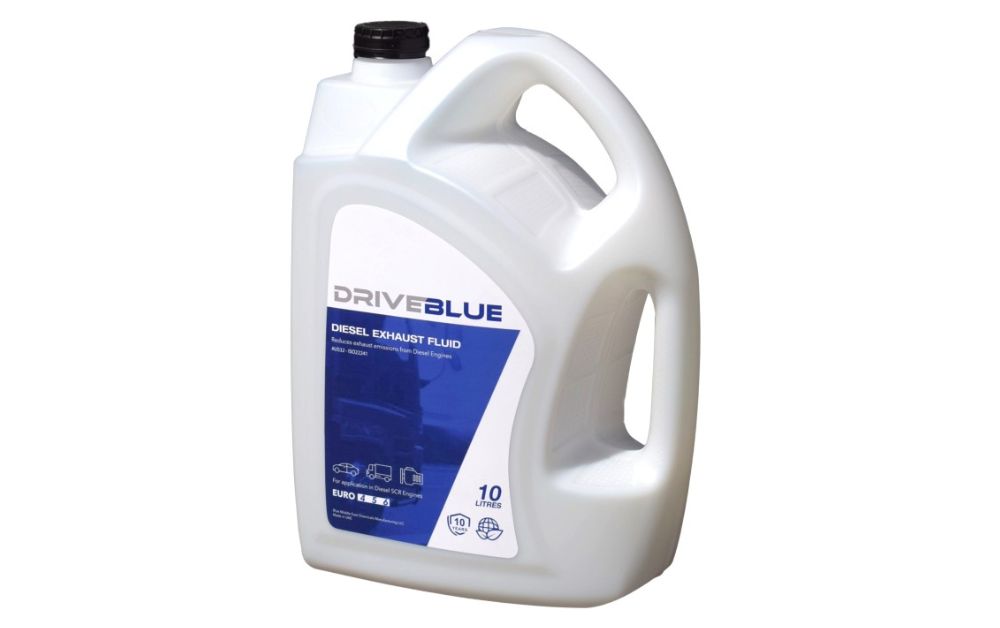Environmental standards have become quite stringent with time, thus pressurizing the industries and transportation sectors to develop proper methods for reducing emissions. Diesel exhaust fluid has become one of the significant ingredients in the fight, allowing diesel engines to achieve demanding emission standards and function at peak efficiency. For businesses that rely entirely on their diesel-powered vehicles and equipment, knowing their relationship with modern engines and maintaining emissions compliance is imperative.

What is Diesel exhaust fluid (DEF)?
Diesel exhaust fluid is a high-purity solution comprising 32.5% urea and 67.5% deionized water. DEF is designed for use in diesel engines with SCR systems, which have proven to reduce 90% of emissions of nitrogen oxides. The Environmental Protection Agency explains. It will be injected into the exhaust gas, where it chemically reacts with NOx, converting it into harmless nitrogen and water vapor. In doing this, it brings cleaner emissions and better air quality.
How DEF Complements SCR Technology in Diesel
An SCR system is essential for the function of modern diesel engines: Once injected into the exhaust, it decomposes the urea solution to ammonia, which further reacts in an SCR catalyst with NOx to convert it into nitrogen and water. This reduces the emission of NOx considerably, and vehicles under such systems can effectively meet environmental regulations, such as Euro 6 standards in Europe and EPA standards in the United States.
Without DEF, the SCR system cannot do this conversion effectively, which leads to an increase in NOx emissions and failure to meet the emissions standards. DEF is quite similar to a cleaning agent for an exhaust system that allows diesel engines to operate with less environmental pollution.
Benefits of DEF Utilization in Emissions Control
- Statutory Compliance: The biggest reason to use DEF is statutory compliance. A very strict NOx emission standard has been set for the public by most governments, and if you do not meet them, you face penalties in the form of fines, operational restrictions, or penalties. With diesel exhaust fluid, the engine will pass stringent standards and face no compliance issues.
- Improved Fuel Economy: The SCR system and DEF increase the fuel economy of diesel engines. Through the SCR system, the engine can better focus on producing power rather than rely on exhaust gas recirculation for exhausting purposes related to emission control. This results in the efficient combustion of fuel, which further saves on fuel use by either business or owner over time.
- Lower Environmental Impact: Diesel fuel has been associated with a higher emission rate of pollutants compared to gasoline fuel for the longest time. With the introduction of DEF, the NOx levels of diesel vehicles will be lowered by significant margins.
- Extended Engine Life: DEF aids the SCR system in preventing deposits from accumulating, otherwise resulting in clogging and costly repairs. This translates to less trouble with maintenance and a longer life for the diesel engine. With that, operational costs are gradually brought down.
Best Practices for Diesel Engine Users When It Comes to DEF Usage
Proper use of DEF will guarantee maximum benefit without potential issues. Some best practices for the operators are mentioned below:
Store DEF Properly* DEF is sensitive to temperature and contamination. It must be kept cool, dry, and away from extreme temperatures. Right storing also prevents polluted DEF from causing malfunction in the SCR system because of its inefficiency.
Follow a regular checking schedule of DEF levels: Most current SCR-equipped diesel engines, alongside most service stations, allow owners to keep track of DEF levels with level indicators in the tank. Frequent checks of DEF levels must be done to maintain smooth performance and avoid costly desecration of surfaces caused by DEF from the system’s leakages while ensuring constant emissions compliance.
The Future of Diesel Engines and Emissions Compliance
As per global standards, DEF is going to be vital to continue ensuring that diesel engines are compatible with environmental regulations. The adoption of DEF has helped diesel engines take a positive shift in perception regarding their capability to have lower emission levels and contribute toward clean air. In the future, SCR systems and usage of DEF can continue to become more efficient as technologies advance to help diesel-powered vehicles and machinery reduce their environmental footprints.

Conclusion
Diesel exhaust fluid has really revolutionized the way modern diesel engines control their emissions to meet those very strict environmental standards with high power and efficiency. It is convenient to businesses with diesel fleets or machinery dependence as it provides them with a reliable solution to reduce NOx emissions, fuel efficiency improvements, and increase the life of an engine. By following the best practices through high-quality DEF products, operators will find compliance, environmental protection, and the maximum performance of diesel engines.
